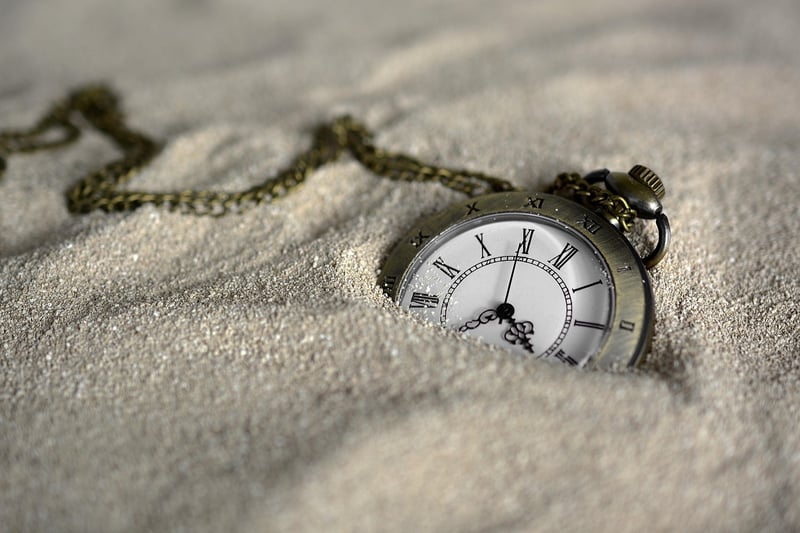Temporal Shifts
The Impacts of Changing the Past and Temporal Shifts
Time travel has always been a fascinating concept in science fiction, allowing us to explore the possibilities of altering the past and the consequences that may follow. The idea of changing the past raises intriguing questions about causality, paradoxes, and the nature of reality itself.
Paradoxes and Consequences
One of the most discussed aspects of changing the past is the potential for paradoxes. The grandfather paradox, for example, posits that if you were to go back in time and prevent your grandfather from meeting your grandmother, you would cease to exist. This paradox highlights the intricate web of cause and effect that shapes our existence.
Furthermore, altering the past can have ripple effects that reverberate throughout history. Small changes may lead to significant alterations in the present timeline, creating a chain reaction of events that can be difficult to predict or control.
Temporal Shifts and Alternate Realities
Temporal shifts occur when changes in the past result in a new timeline or alternate reality. These shifts can lead to divergent paths where different outcomes unfold based on the altered events. This concept is often explored in time travel narratives, showcasing the fragility of the timeline and the infinite possibilities that exist.
Exploring temporal shifts can provide valuable insights into the nature of choice, destiny, and the interconnectedness of events. It prompts us to consider the implications of our actions and the delicate balance that maintains the fabric of reality.
Conclusion
While the idea of changing the past and experiencing temporal shifts may remain speculative, it serves as a thought-provoking exploration of causality and the consequences of our choices. By delving into these concepts, we gain a deeper appreciation for the complexity of time and the profound impact of even the smallest actions.


Explore more fascinating topics on our website.
